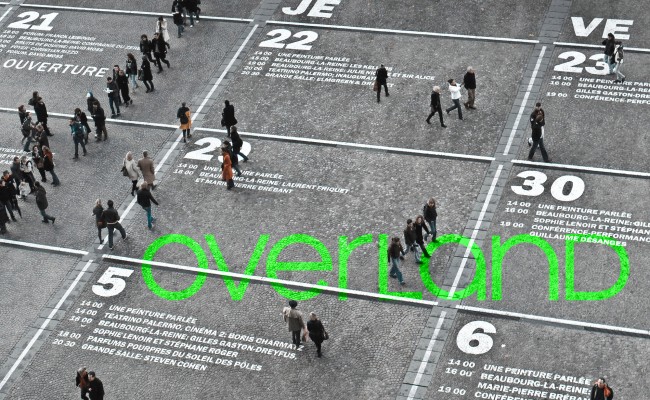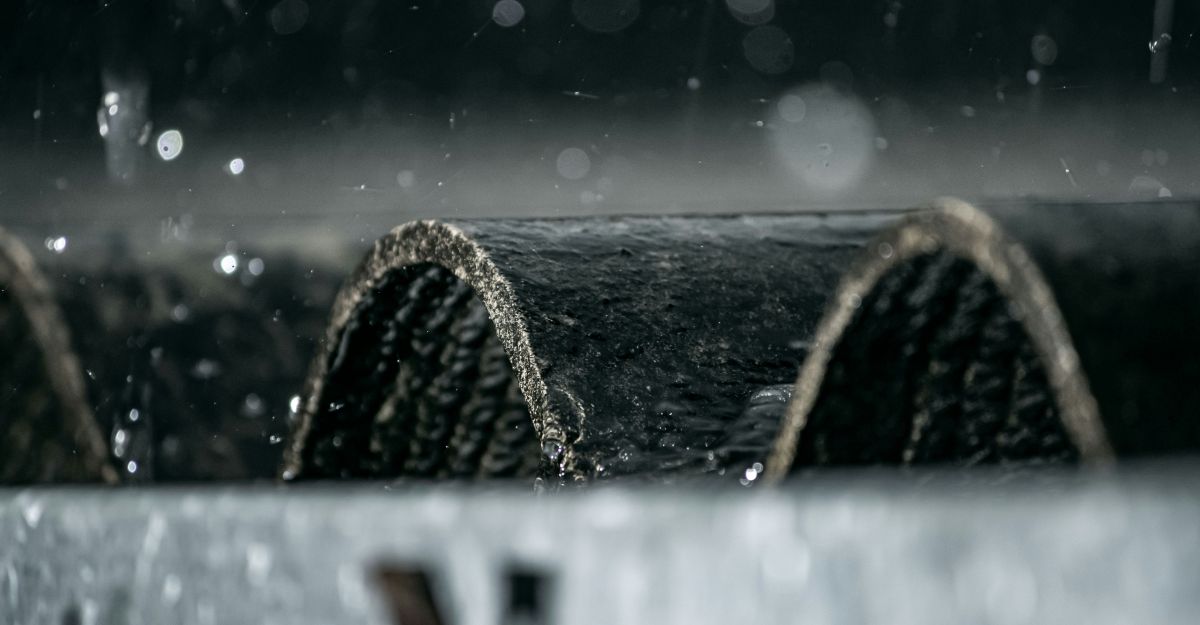When conceiving of this issue, I found myself wanting to bite back at critics of futurism. Those who call it sentimental, puerile, unrealistic. A fairy tale. Wish fulfilment. Such an anti-utopian mindset is what, I would argue, inspired Jonathan Franzen to write in The New Yorker recently that we may as well accept defeat against the climate emergency. I see this anti-utopianism everywhere. In fact, I see it in myself.
These stories remind me what we fight for.
Joe Ramshaw’s ‘Back in town’ is an exuberant, remorseless story bubbling over with the limitlessness of youth. Its baby-queer storyline is fundamentally reparative, an antidote to, as Eve Sedgwick tells us, ‘paranoid reading’ practices which view the real stuff of queerness to be nihilism. It is unapologetically camp and naïve at once, and just a little bit savage, and it’ll make you grin.
With ‘The Earth in stasis’, Cat Nadel delivers us a vision of a queer utopia which is both agonistic and peaceful. Her work is just that little bit savage, too, accepting that conflict might just be an inevitable part of utopian politics – that maybe we can’t have one without the other. It makes the reader contemplate the nexus between kindness and justice, and the possibilities of personal and political transformation. Nadel’s is a future I want to live in, dammit.
These stories are reminders that one’s sadness, like one’s joy, always bear traces of the other. Rather than chasing unregenerating positivity, they encourage us to break down silos, recognise that our happiness is always tinged with a little loss, and life always interacts a little with death. Jasmin McGaughey’s ‘Jacaranda Street’ tackles the subject of wish fulfilment head on, paying interesting homage to ‘The monkey’s paw’. McGaughey’s prose adds another piece to a body of work which increasingly point us to the reality that the domestic is a haunted place.
With ‘Handover’, Andrew Roff powerfully disrupts the familiar mechanics of home and intimacy, depicting what happens after power is yielded to a benevolent AI dictator. What happens to privacy, autonomy, to politics? To our relationships? How can we keep self-determining? The story snatches – is told in snatches; glimmers of enduringly human relationships peek out, showing us how to cling to life even if it were to be radically narrowed.
Hannah Jenkins’ ‘My body is a global catastrophe monitoring station’ may be the most anti-relational of all the pieces, the least romantic. But its interiority works. The story plays out a longer-term vision of what it is that we owe to one another, how we might build a future through sacrifice. Jenkins’ story charts the cumulative impacts of inter-generational environmental collapse, as these impacts land on the shoulders of the story’s protagonist, who chooses to give their body over to science rather than to try to live in a world that has become unliveable. Jenkins contraposes mindfulness and mindlessness under modernity, and existence and resistance.
These works fit into a genre which is very dear to my heart. Every piece of science fiction or speculative fiction that I read replenishes my will. I hope you feel the same. There is a future for us. When we fight for it we find it.
 Read the rest of Overland’s Speculative Future(s) edition
Read the rest of Overland’s Speculative Future(s) edition
If you enjoyed this special edition, subscribe and receive a year’s worth of print issues, the online magazine, special editions and discounted entry to our literary competitions.



